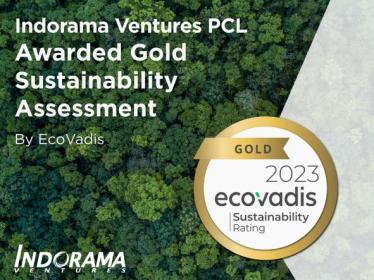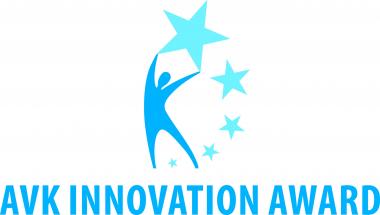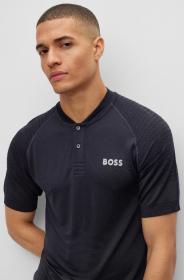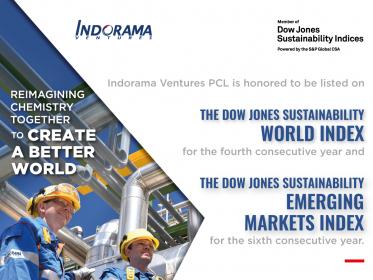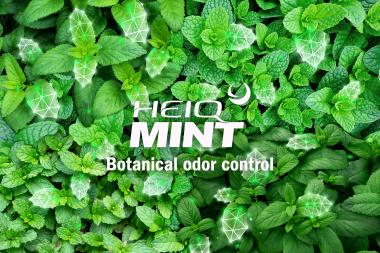Hologenix: CELLIANT with REPREVE shortlisted for Drapers Sustainable Fashion Awards
Hologenix announces that CELLIANT® with REPREVE®, a performance fiber made from recycled materials and enhanced with IR technology, has been shortlisted for the Drapers Sustainable Fashion 2023 Awards. Introduced with global textile solutions provider UNIFI® makers of REPREVE®, CELLIANT with REPREVE is honored in the Sustainable Textile Innovation Category of the awards.
The Drapers Awards recognize the strides that are being made in reducing the industry’s environmental impact and creating fairer working conditions across the supply chain. According to Drapers the quality and quantity of entries were higher than ever this year. Judging was underpinned by the UN-backed Sustainable Development Goals. Winners will be announced at a ceremony on May 25, 2023 at The Brewery in London.
This recognition is the second award for CELLIANT with REPREVE since its launch in the fall of 2022 – it was previously named a Selection in the Fibers & Insulation Category of ISPO Textrends Fall/Winter 2024/25. This is also the second year in a row that a Hologenix innovation has been shortlisted for the Drapers Sustainable Fashion Awards.
CELLIANT is a natural blend of IR-generating bioceramic minerals, which, when embedded into textiles, allows them to convert body heat into infrared energy, returning it to the body and temporarily increasing local circulation and cellular oxygenation. This aids significantly in muscle recovery, increases endurance and improves overall performance in healthy individuals, among other benefits.
REPREVE recycled performance fiber consists of high-quality fibers made from 100% recycled materials, including post-consumer plastic bottles and pre-consumer waste. It is also certified and traceable with UNIFI’s U TRUST® verification and FiberPrint™ technology, which provide assurance that the product comes from recycled materials. Compared to virgin fiber, REPREVE helps to offset the use of petroleum, conserving water and energy and emitting fewer greenhouse gasses.
Hologenix Celliant REPREVE Drapers Sustainable Fashion Champion Award Sustainability
Hologenix, LLC














